Belgium: A Gem in the Heart of Europe
Nestled between France, Germany, the Netherlands, and Luxembourg, Belgium is a small yet culturally diverse country known for its fascinating history, architectural marvels, artistic heritage, and delectable cuisine. This article will take you on a virtual tour of Belgium, shedding light on its various facets.
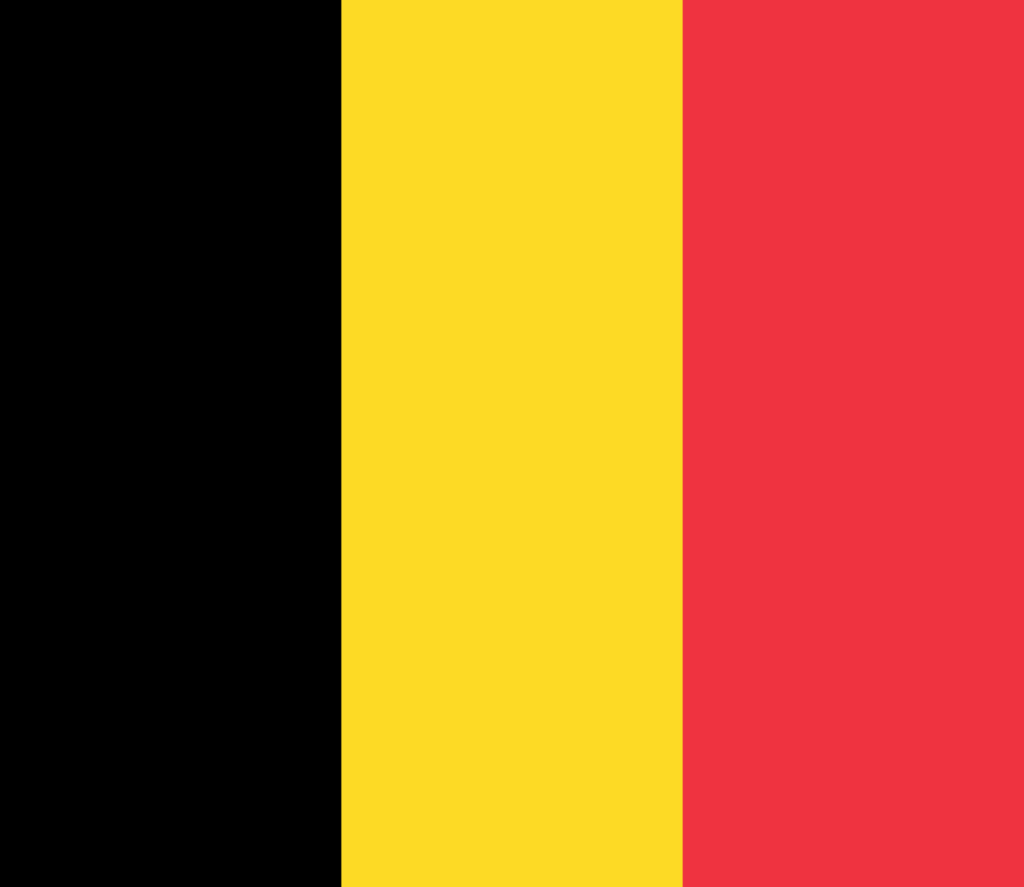
Historical Significance: Tracing Belgium’s Rich Past
Belgium’s history dates back centuries, with influences from various civilizations. From the Roman Empire to the medieval period and the Renaissance, Belgium witnessed empires’ rise and fall, leaving an indelible mark on European history.
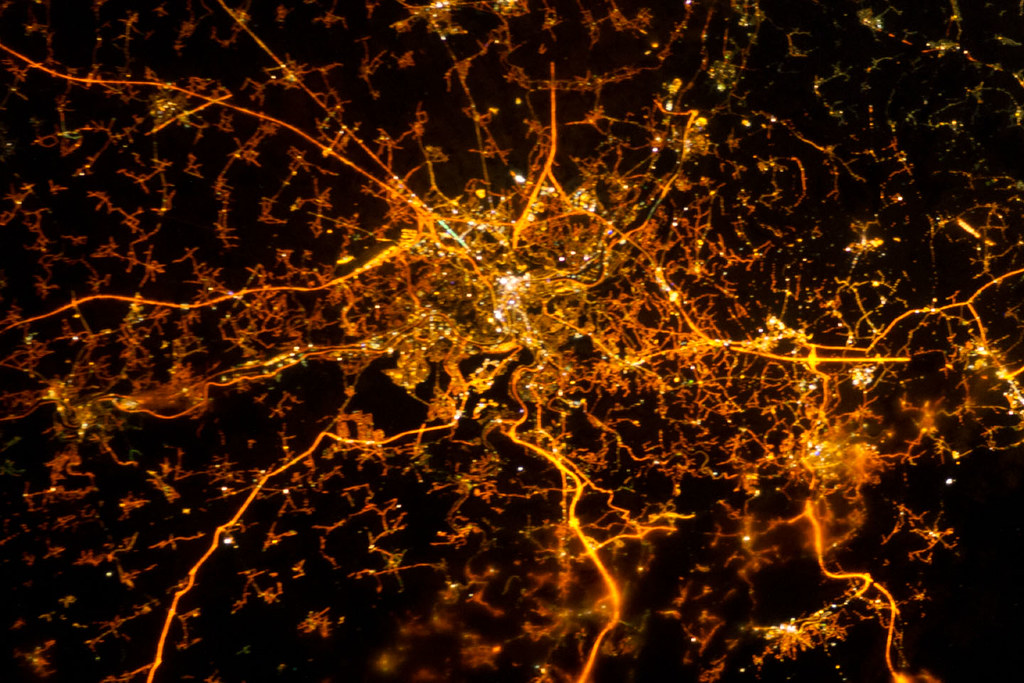
Belgian Cities: A Kaleidoscope of Architecture and Charm
Belgium boasts several cities that offer a captivating blend of architectural wonders and old-world charm. From the grandeur of Brussels, the capital city, to the medieval beauty of Bruges and the diamond district of Antwerp, each town has its unique character and architectural treasures to explore.
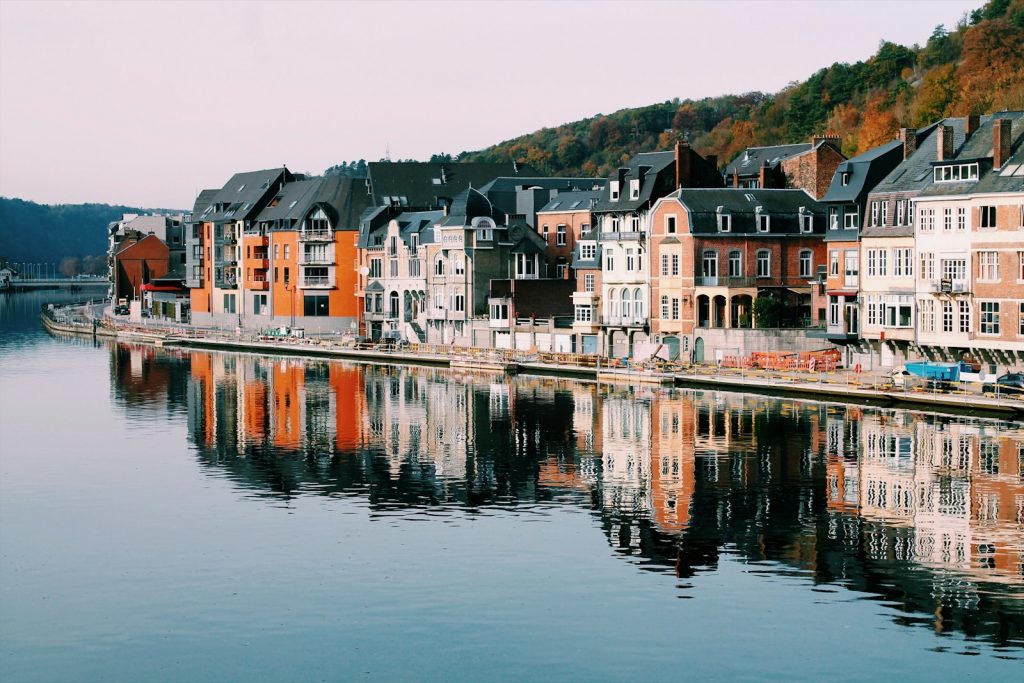
Cultural Treasures: Art, Literature, and Festivals
Belgium has been a hotbed of artistic and literary creativity for centuries. The works of renowned artists like René Magritte, Pieter Bruegel the Elder, and James Ensor continue to inspire and captivate art enthusiasts worldwide. The country also celebrates a vibrant literary tradition, with authors such as Georges Simenon and Hergé hailing from its borders. Moreover, Belgium’s numerous festivals, including the iconic Carnival of Binche, showcase its rich cultural heritage.
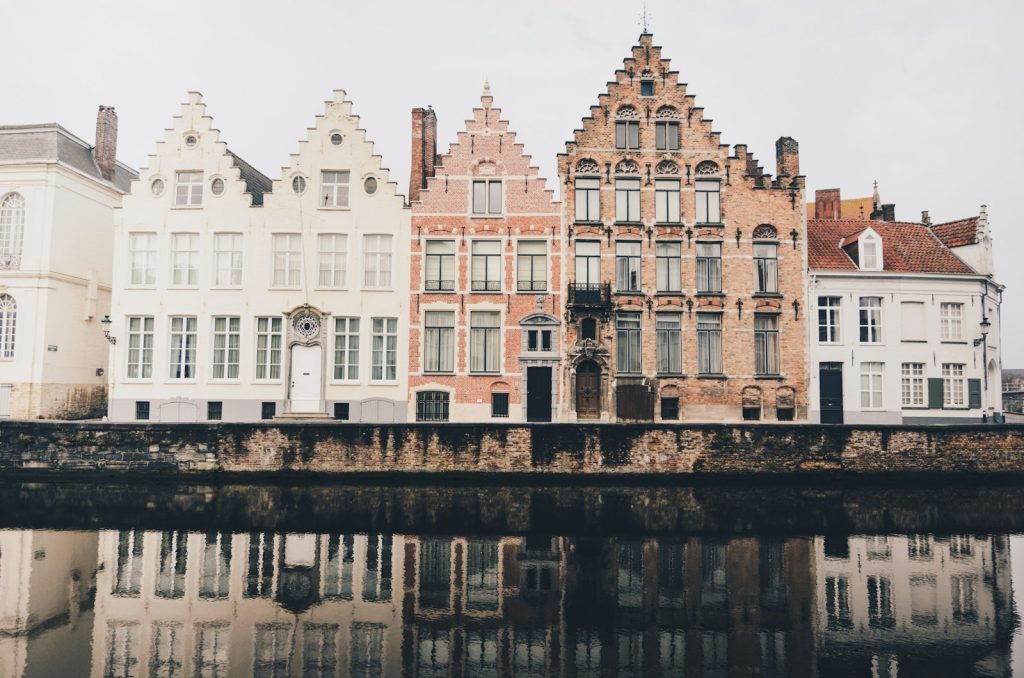
Gastronomy: Delight Your Taste Buds with Belgian Cuisine
Belgium is a paradise for food lovers, renowned for its culinary delights. Indulge in mouthwatering dishes like moules-frites (mussels and fries), carbonade flamande (Flemish beef stew), and waterzooi (a creamy casserole with fish or chicken). And, of course, no visit to Belgium would be complete without savoring their world-famous chocolates, waffles, and wide array of exceptional beers.

Surrealism and Beyond Belgium’s Artistic Legacy
Belgium has made significant contributions to the art world, particularly in surrealism. Artists like René Magritte and Paul Delvaux were pioneers of the surrealist movement, leaving an enduring impact on the art scene. Beyond surrealism, Belgium continues to nurture a vibrant contemporary art scene, with numerous galleries and art institutions promoting innovation and creativity.
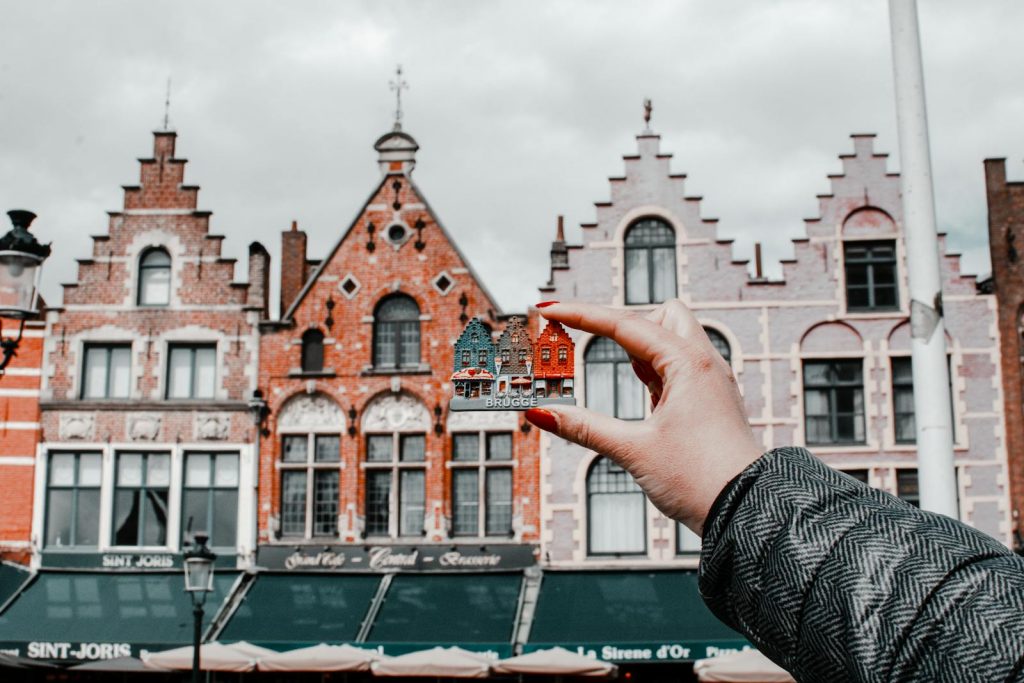
The Battlefields of World War I: Commemorating Sacrifice
During World War I, Belgium became a battleground, witnessing immense suffering and sacrifice. Today, visitors can pay homage to the fallen soldiers at historical sites like Flanders Fields and the Menin Gate in Ypres, honoring their memory and reflecting on the devastating impact of war.
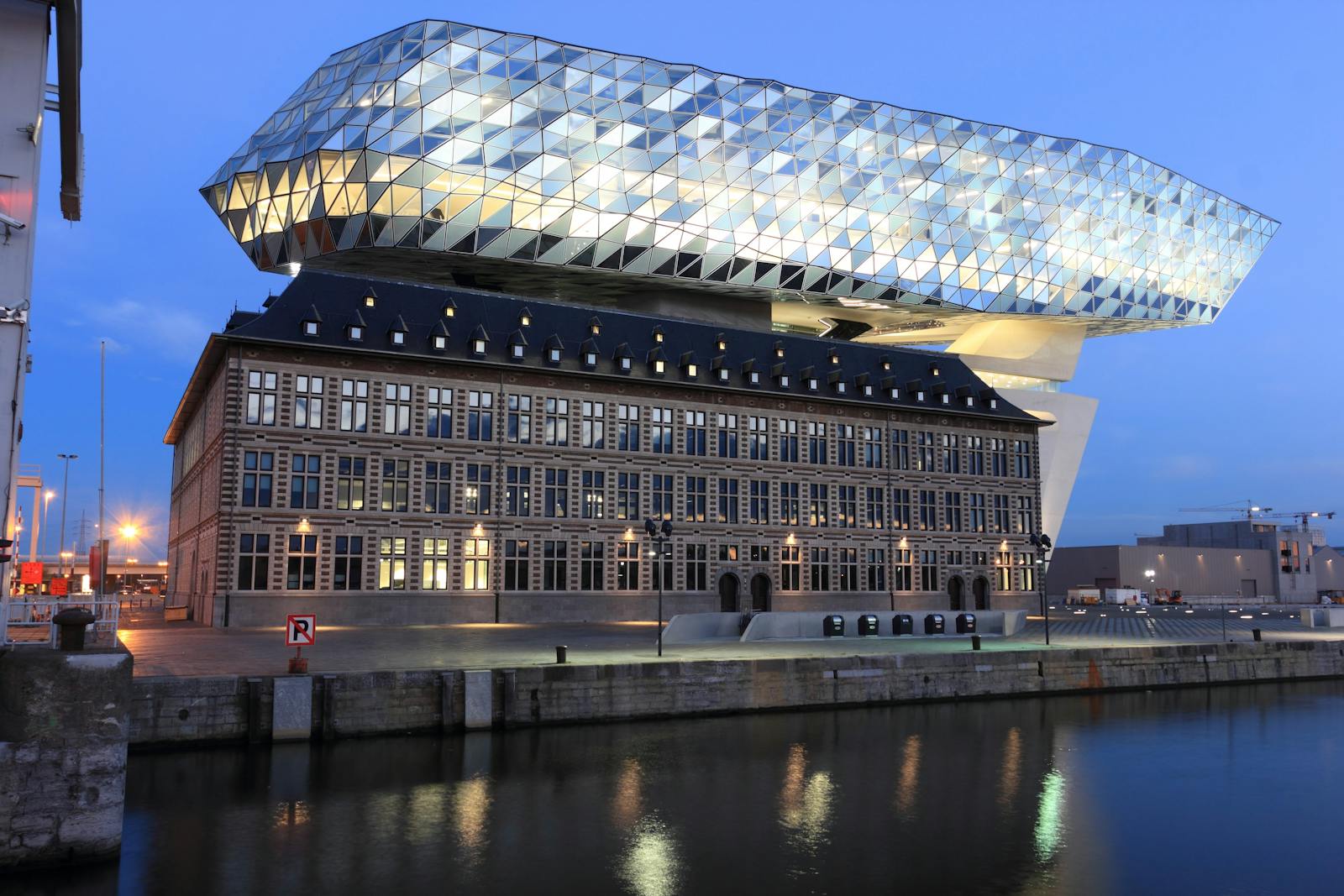
Beer, Chocolate, and Waffles: Belgian Culinary Delights
Belgium is internationally renowned for its beer, boasting a rich brewing tradition that dates back centuries. Sample a wide range of styles, from Trappist ales to fruity lambics, and discover the unique flavors crafted by Belgian brewers. Additionally, Belgium’s chocolate and waffles are legendary, with artisanal chocolatiers and street-side waffle stands tempting locals and tourists alike.
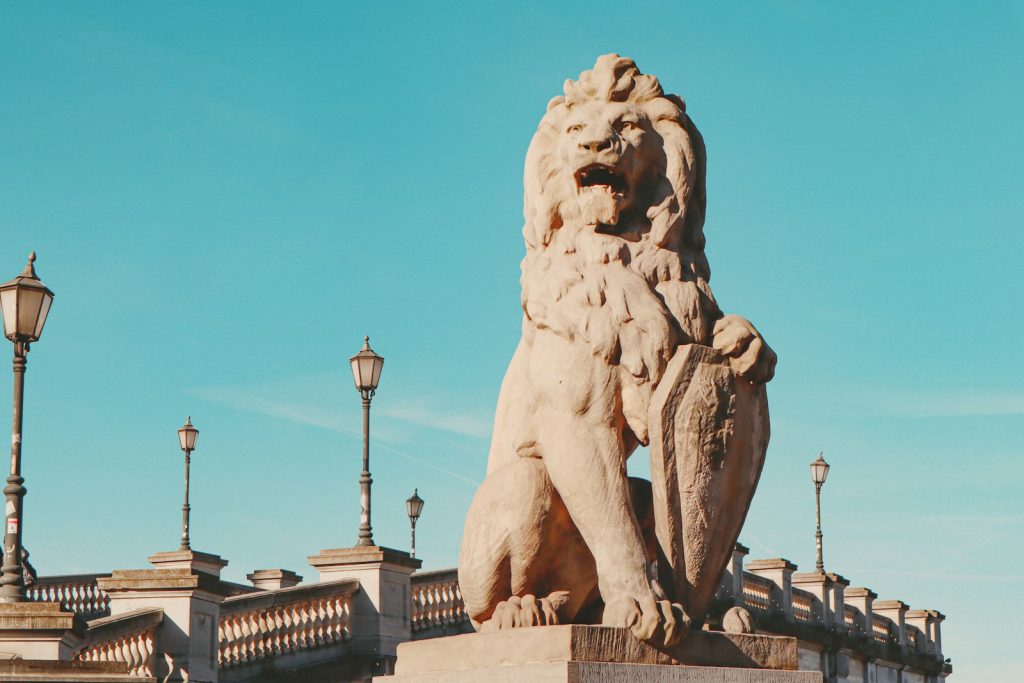
Sustainable Living: Belgium’s Environmental Commitment
Belgium has emerged as a global leader in sustainable living, actively promoting renewable energy, eco-friendly urban planning, and sustainable transportation options. The country’s commitment to environmental conservation and green initiatives has positioned it as a model for sustainable development worldwide.
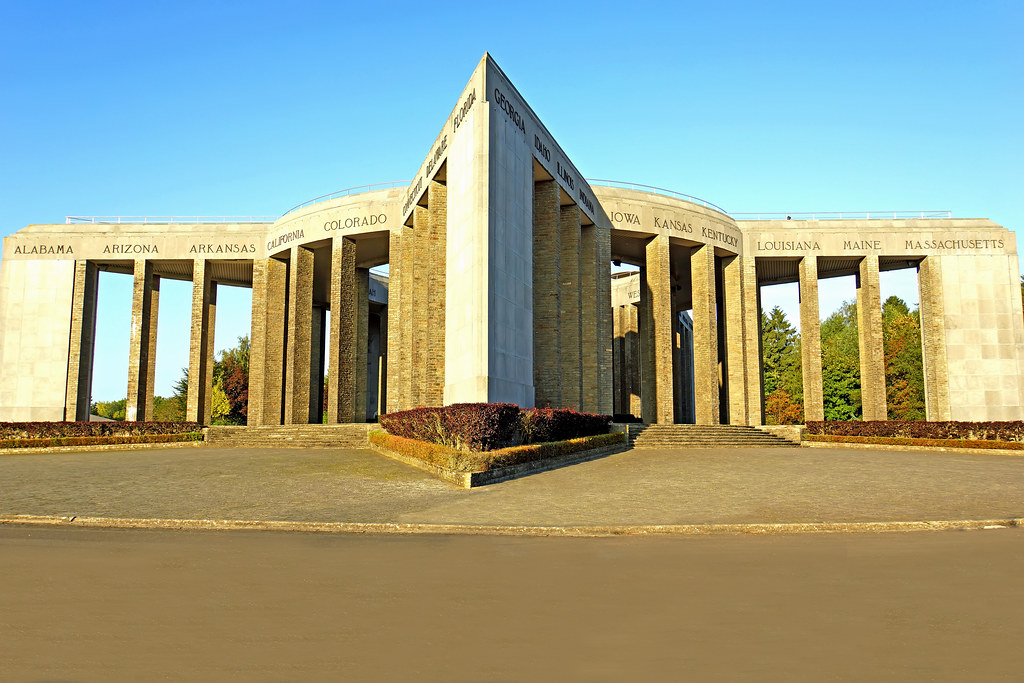
Exploring Nature: From Ardennes to the Belgian Coastline
Despite its relatively small size, Belgium offers diverse natural landscapes. The picturesque Ardennes region is known for its dense forests, rolling hills, and charming villages, offering outdoor enthusiasts opportunities for hiking, cycling, and wildlife spotting. On the other hand, the Belgian coastline entices visitors with its sandy beaches, dunes, and seaside resorts, providing a refreshing escape during the summer months.
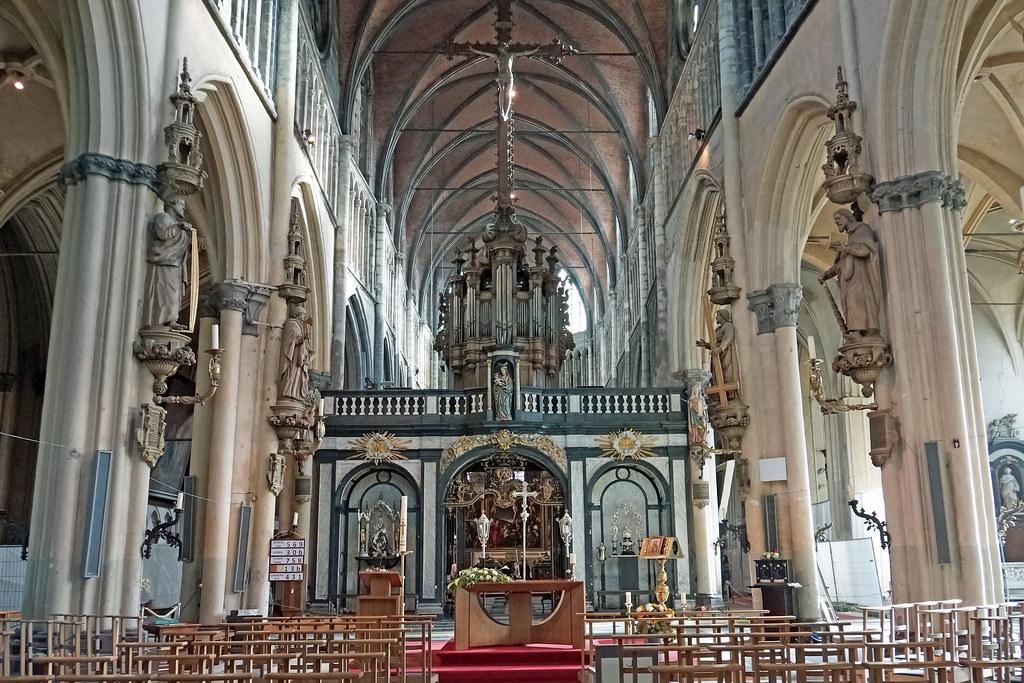
In conclusion, Belgium’s rich history, architectural wonders, artistic legacy, delectable cuisine, and commitment to sustainability make it a captivating destination worth exploring. From the vibrant cities to the tranquil countryside, Belgium promises a genuinely enriching experience for travelers seeking a blend of culture, history, and gastronomy in the heart of Europe.
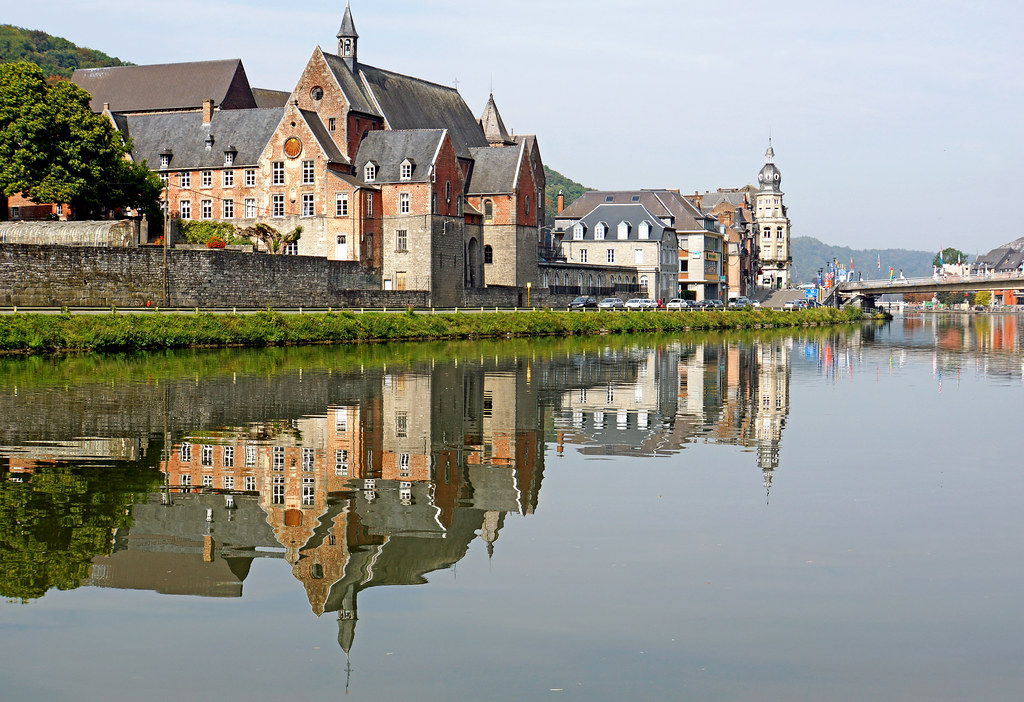
FAQ
Q: Where is Belgium located?
A: Belgium is in Western Europe, bordered by France, Germany, the Netherlands, and Luxembourg. It has access to the North Sea.
Q: What is the capital city of Belgium?
A: The capital city of Belgium is Brussels.
Q: What is the official language of Belgium?
A: Belgium has three official languages: Dutch, French, and German. Dutch is the most widely spoken language, followed by French.
Q: What is Belgium known for?
A: Belgium is known for its chocolate, waffles, beer, and fries. It has a rich artistic and cultural heritage, famous for its contributions to surrealism and renowned artists such as René Magritte. Belgium is also recognized for its historic cities like Brussels, Bruges, and Antwerp, which showcase stunning architecture and UNESCO World Heritage sites.
Q: What are some famous tourist attractions in Belgium?
A: Some famous tourist attractions in Belgium include the Grand Place in Brussels, the medieval city of Bruges with its canals, the Atomium in Brussels, the historic town of Ghent, the Royal Palace of Brussels, and the Cathedral of Our Lady in Antwerp.
Q: Is Belgium a safe country to visit?
A: Belgium is generally considered a safe country to visit. However, as with any travel destination, it is advisable to take standard precautions and be aware of your surroundings, especially in crowded tourist areas.
Q: What is the currency used in Belgium?
A: The currency used in Belgium is the Euro (€).
Q: Are there any famous festivals in Belgium?
A: Yes, Belgium hosts several famous festivals throughout the year. The Carnival of Binche, with its vibrant parades and traditional Gilles costumes, is among the most renowned. Other notable festivals include Tomorrowland, a world-famous electronic music festival, and the Ghent Festival, which celebrates music, theater, and street performances.
Q: What is the transportation system like in Belgium?
A: Belgium has a well-developed transportation system. It has an extensive train network connects major cities and towns, making it easy to travel within the country and to neighboring countries. Belgium also has a comprehensive public transportation system, including buses, trams, and metros in urban areas.
Q: Is tipping customary in Belgium?
A: Tipping in Belgium is not obligatory, but it is common practice to leave a small tip if you receive good service. A 10% tip is generally considered appropriate in restaurants, but it’s always at the customer’s discretion.
Q: What is the best time to visit Belgium?
A: The best time to visit Belgium is during the spring (April to June) and autumn (September to October) when the weather is mild and there are fewer crowds. The summer months (July and August) can be pretty busy with tourists, while the winter months (December to February) offer a chance to experience the festive atmosphere and Christmas markets. However, Belgium’s weather can be unpredictable, so checking the forecast before planning your trip is advisable.






